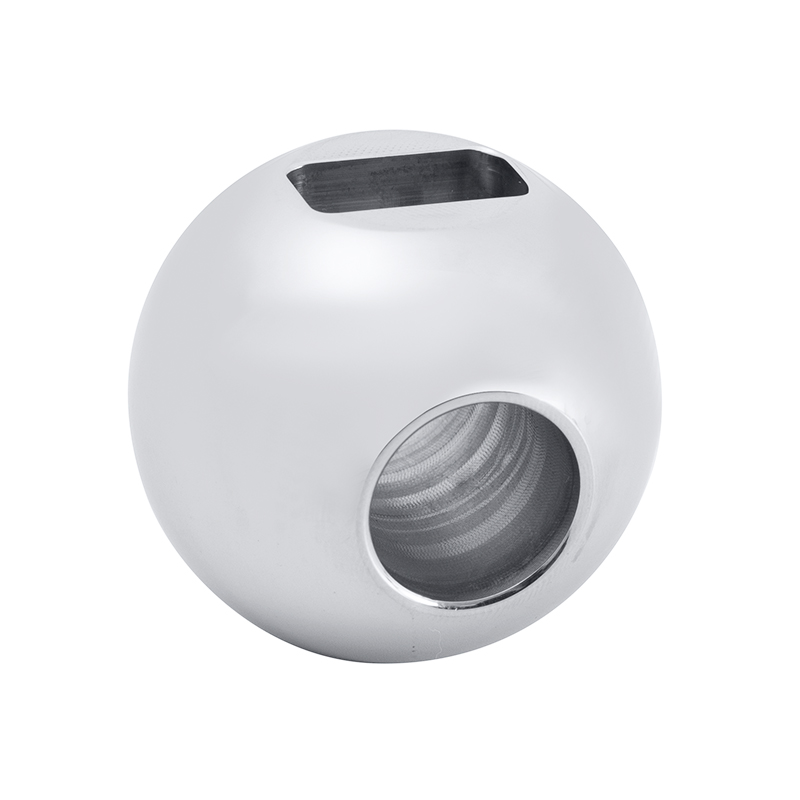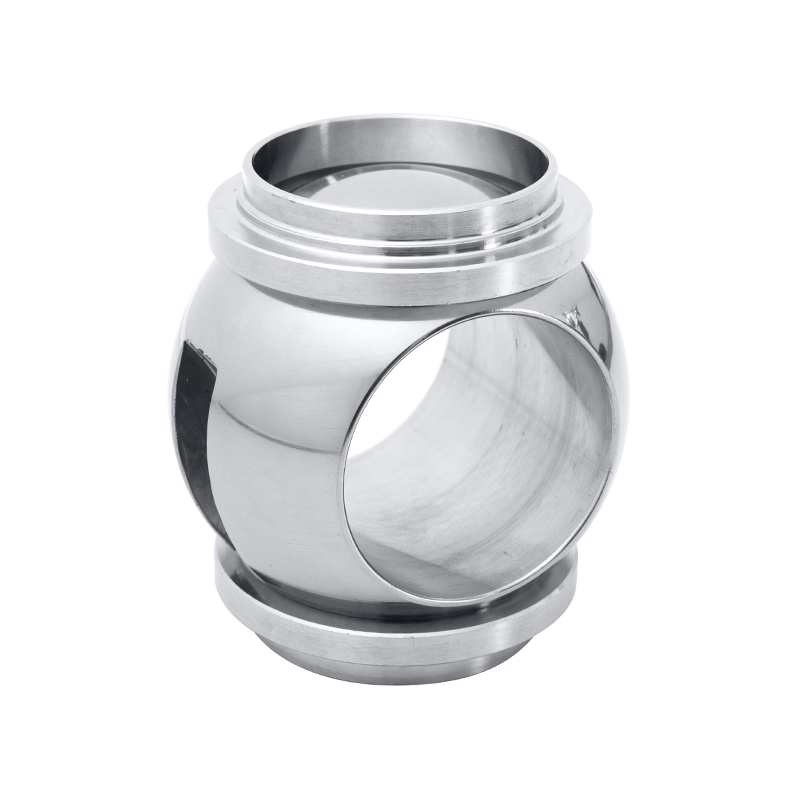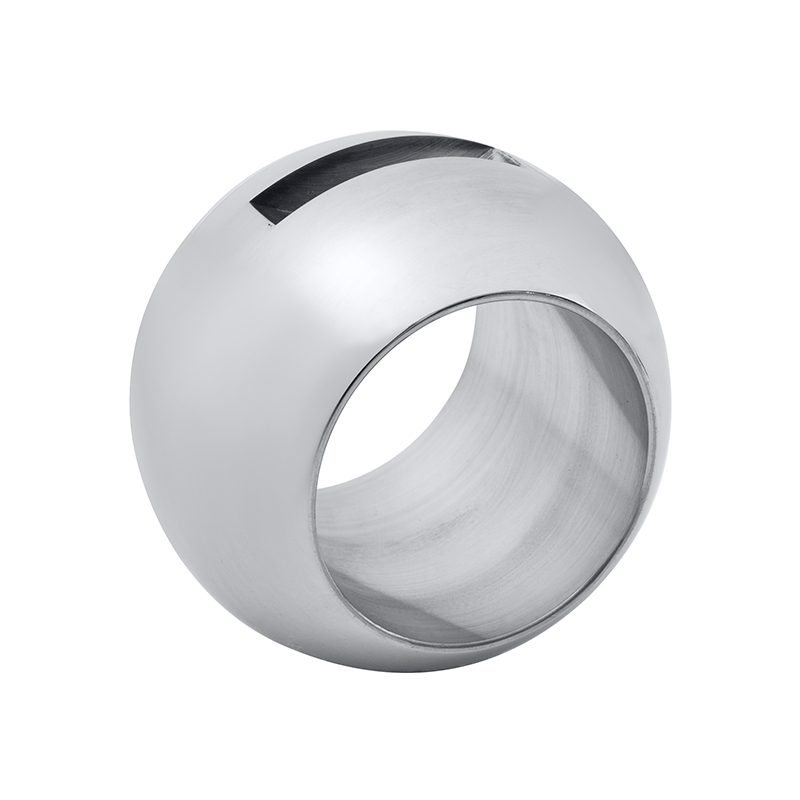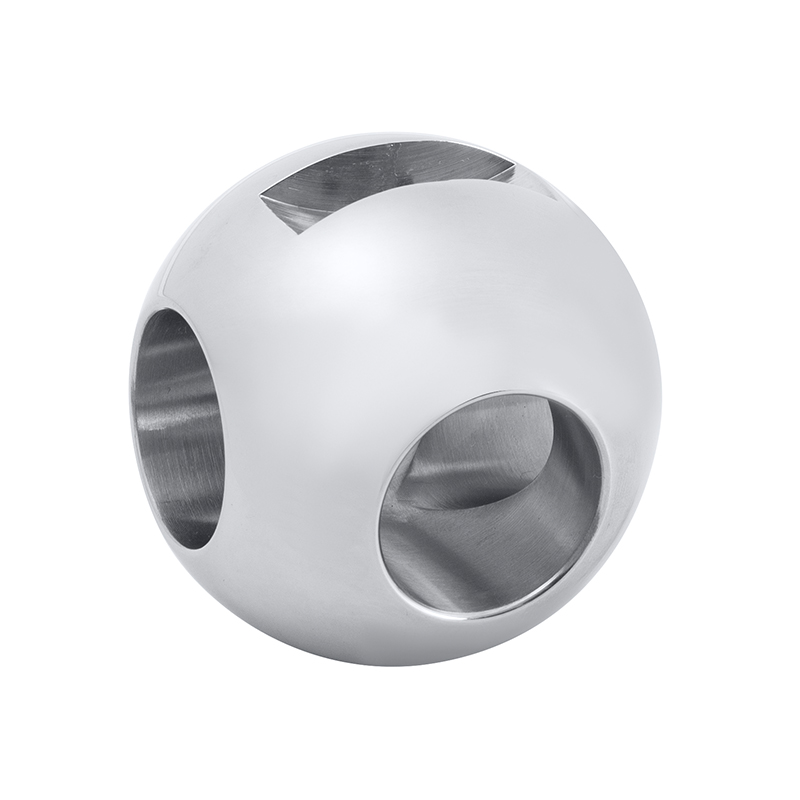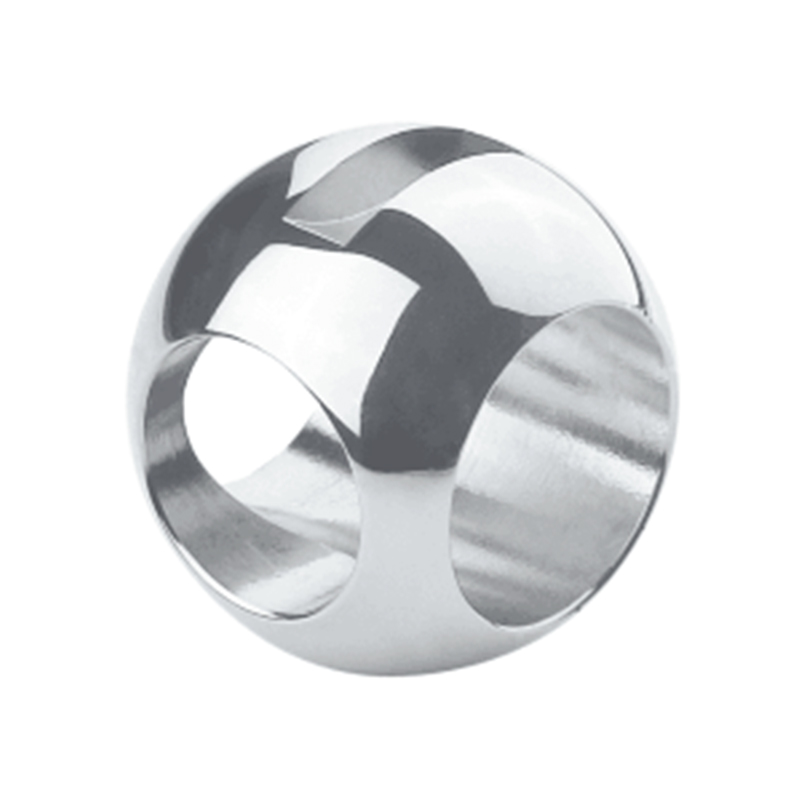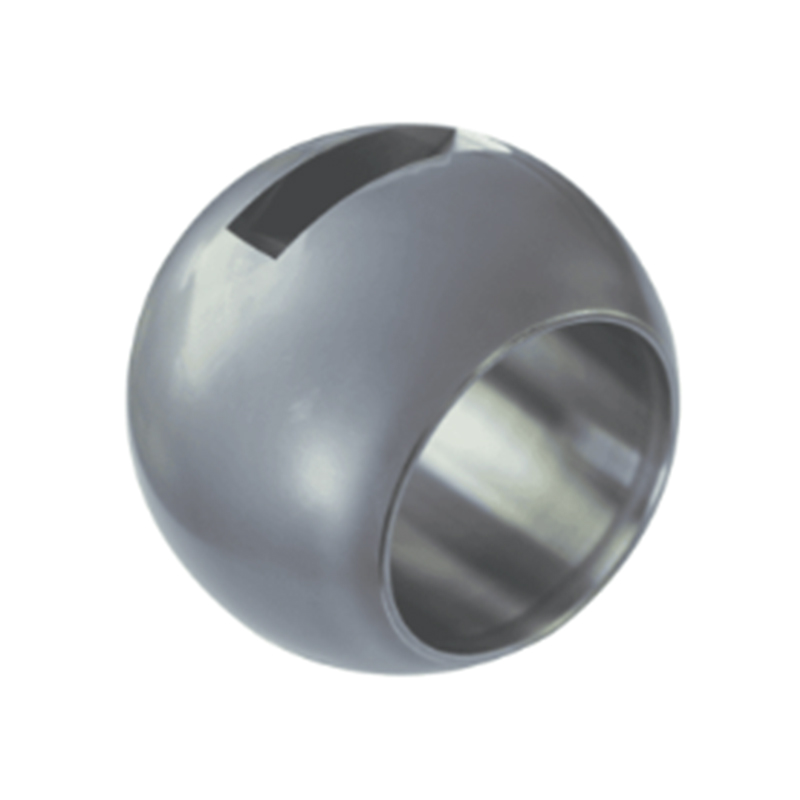In the realm of fluid control systems, the control valve ball type is a critical component that significantly influences the efficiency and reliability of industrial valves. Among the various factors that determine the performance of these valve balls, sphericity plays a vital role. Understanding how sphericity impacts control valve ball operation can help industrial valve suppliers deliver products that meet stringent operational demands across a wide range of industries.

Understanding Control Valve Balls and Their Importance
Control valve balls are spherical components used within ball valves to regulate the flow of liquids or gases. These balls feature a bore (a hole through the center) that aligns with the valve’s inlet and outlet ports to allow flow when open and restricts flow when closed. The precision in the shape and surface quality of the valve ball directly affects how well the valve seals and controls fluid flow.
Valve balls are manufactured to withstand high pressures, aggressive chemicals, and fluctuating temperatures. In industrial applications, the smooth operation of a valve ball is essential to maintain system integrity, less leakage, and reduce wear on valve seats and seals.
What Is Sphericity and Why Does It Matter?
Sphericity refers to how closely the shape of the valve ball resembles an ideal sphere. In simple terms, it measures the roundness and geometric accuracy of the ball. Deviations from an ideal sphere, such as flattening, ovality, or surface irregularities, can have significant consequences in valve performance.
A control valve ball with high sphericity ensures uniform contact with the valve seats, which helps in achieving a tight seal and consistent flow control. On the contrary, poor sphericity can cause uneven sealing pressure, pilot to leaks, increased wear, and potential failure under demanding industrial conditions.
The Impact of Sphericity on Valve Performance
1. Sealing Efficiency
A spherical valve ball evenly distributes sealing forces against the valve seats, which is essential for tight shutoff and leak prevention. When sphericity is compromised, gaps may form between the ball and seats, allowing fluid to bypass the valve, reducing system reliability.
2. Operational Smoothness
High sphericity contributes to the smooth rotation of the valve ball. This ease of movement is necessary for precise control, especially in throttling applications where flow must be modulated accurately. A misshapen ball can cause friction, sticking, or uneven wear, impacting the valve’s lifespan and performance.
3. Wear and Longevity
Uniform contact due to proper sphericity, less localized stress, and wear on valve seats and seals. This prolongs the service life of the valve components and reduces maintenance needs. Industrial valve suppliers aim to provide valve balls with controlled sphericity to ensure durability in challenging environments.
4. Pressure and Temperature Handling
In high-pressure and high-temperature applications, small deviations in sphericity can be amplified, increasing the risk of mechanical failure or leakage. Maintaining stringent sphericity standards ensures the valve ball can withstand these bad conditions without deformation or malfunction.
5. Challenges in Manufacturing Control Valve Balls
Achieving precise sphericity in control valve balls is technically demanding. The manufacturing process typically involves casting or forging, followed by meticulous machining and polishing. Advanced measurement techniques such as coordinate measuring machines (CMM) and roundness testers are used to verify sphericity within tight tolerances.
Industrial valve suppliers continuously invest in refining production technologies to enhance the geometric accuracy of valve balls. Consistency in sphericity also requires high-quality raw materials and strict quality control procedures to prevent defects and ensure that each valve ball meets the required specifications.
Choosing the Right Industrial Valve Supplier
When selecting an industrial valve supplier, it is important to consider their expertise in producing valve balls with precise sphericity. Reliable suppliers understand the impact of sphericity on valve performance and provide detailed specifications, testing reports, and certifications to ensure quality.
Additionally, suppliers that offer customization services can tailor valve balls to specific application requirements, addressing factors such as material compatibility, pressure ratings, and temperature ranges. This flexibility helps end users optimize their fluid control systems for better efficiency and reduced downtime.
Sphericity is a fundamental attribute that influences the performance, durability, and reliability of control valve balls in industrial valves. Maintaining high sphericity ensures better sealing, smoother operation, and longer service life—critical factors in demanding industrial environments.
For industries relying on precise fluid control, partnering with a knowledgeable industrial valve supplier who prioritizes sphericity and manufacturing excellence can enhance system performance and reduce operational risks. Understanding the role of sphericity allows stakeholders to make informed decisions when specifying control valve balls and selecting valve suppliers.
In summary, the geometric quality of the valve ball is not merely a manufacturing detail but a key determinant of overall valve effectiveness in industrial applications.

 English
English Español
Español Deutsch
Deutsch

